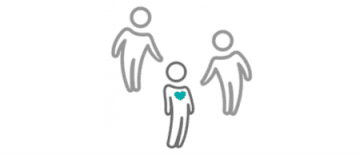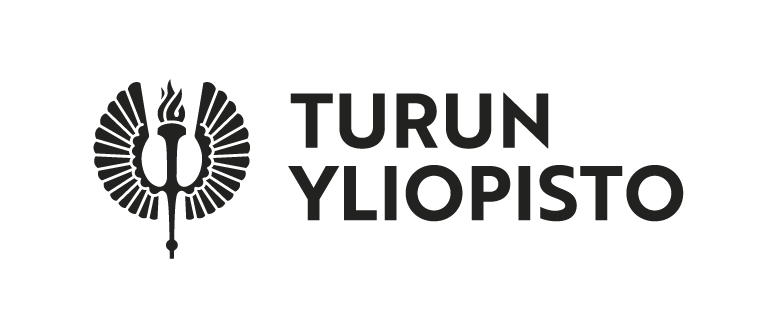Digitally assisted CBT intervention for anxiety among school aged children (Huolet hallintaan)
 Current status: Completed RCT
Current status: Completed RCT
Outcomes include: e.g. anxiety and comorbid psychiatric problems, functional impairment due to anxiety, and service use at school and health care, long-term outcomes via register data
Anxiety is the most common psychiatric problem in childhood. It causes significant functional impairment at home, school and in social situations. Significant comorbid problems include subsequent anxiety, depression, substance abuse, and even suicide attempts, indicating a risk for adverse developmental pathways, decreased work readiness and finally marginalization, causing significant suffering, as well as economic burden on society.
However, children with anxiety often remain untreated, as the symptoms easily remain unidentified, even by their parents. Additionally, there is a significant lack of therapists, and in some areas, there are no therapists at all.
The aim of this study is to develop an internet-based cognitive-behavioral intervention with telephone coaching, “HUOLET HALLINTAAN”, and study it’s efficacy among school-aged (10-13 year old) children, whose anxiety symptoms are screened at routine school health care check-ups. Systematic symptom screening combined with a low threshold treatment program creates an exceptional opportunity to reach those children, whose symptoms have not been recognized, or who have not had an opportunity to get treated.
In the long term, the objective is to implement a digitalized, low-threshold, effective treatment for childhood anxiety to the Finnish basic health care system – to treat anxiety, tackle the functional impairment, as well as prevent the negative long-term outcomes of childhood anxiety by decreasing human suffering as well as economic burden.
Population: 465 children scoring high for anxiety, screened from altogether 30 000 children.
Read more: Internet-assisted cognitive behavioural therapy with telephone coaching for anxious Finnish children aged 10–13 years: study protocol for a randomised controlled trial (BMJ Open 2021 Jun 23;11(6):e045474)
